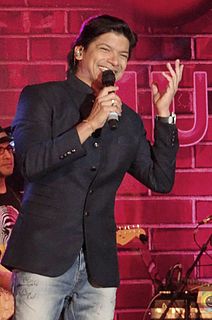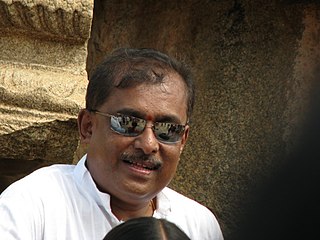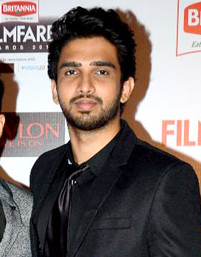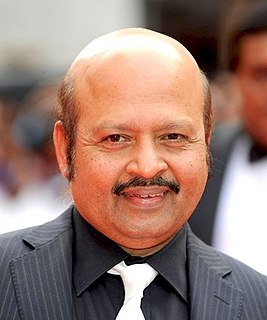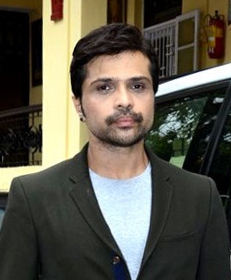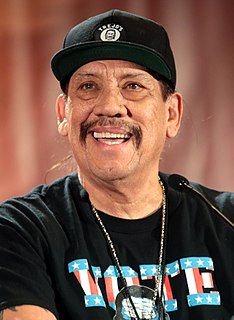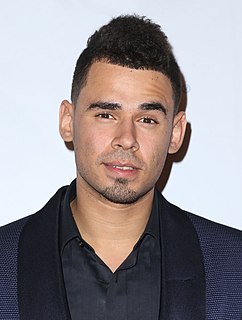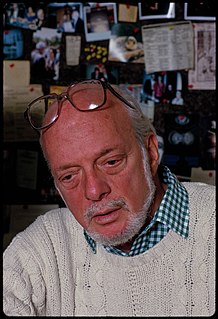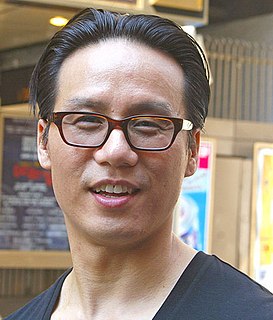A Quote by Shaan
Composers and lyricists are making songs that are approved by the producers and directors.
Related Quotes
I want young Indian composers to be able to do more than just film music. I want to give them the skills that will enable them to create their own palette of sounds instead of having to write formulaic music. It doesn't matter if they become sound engineers, producers, composers or performers - I want them to be as imaginative as they like.
